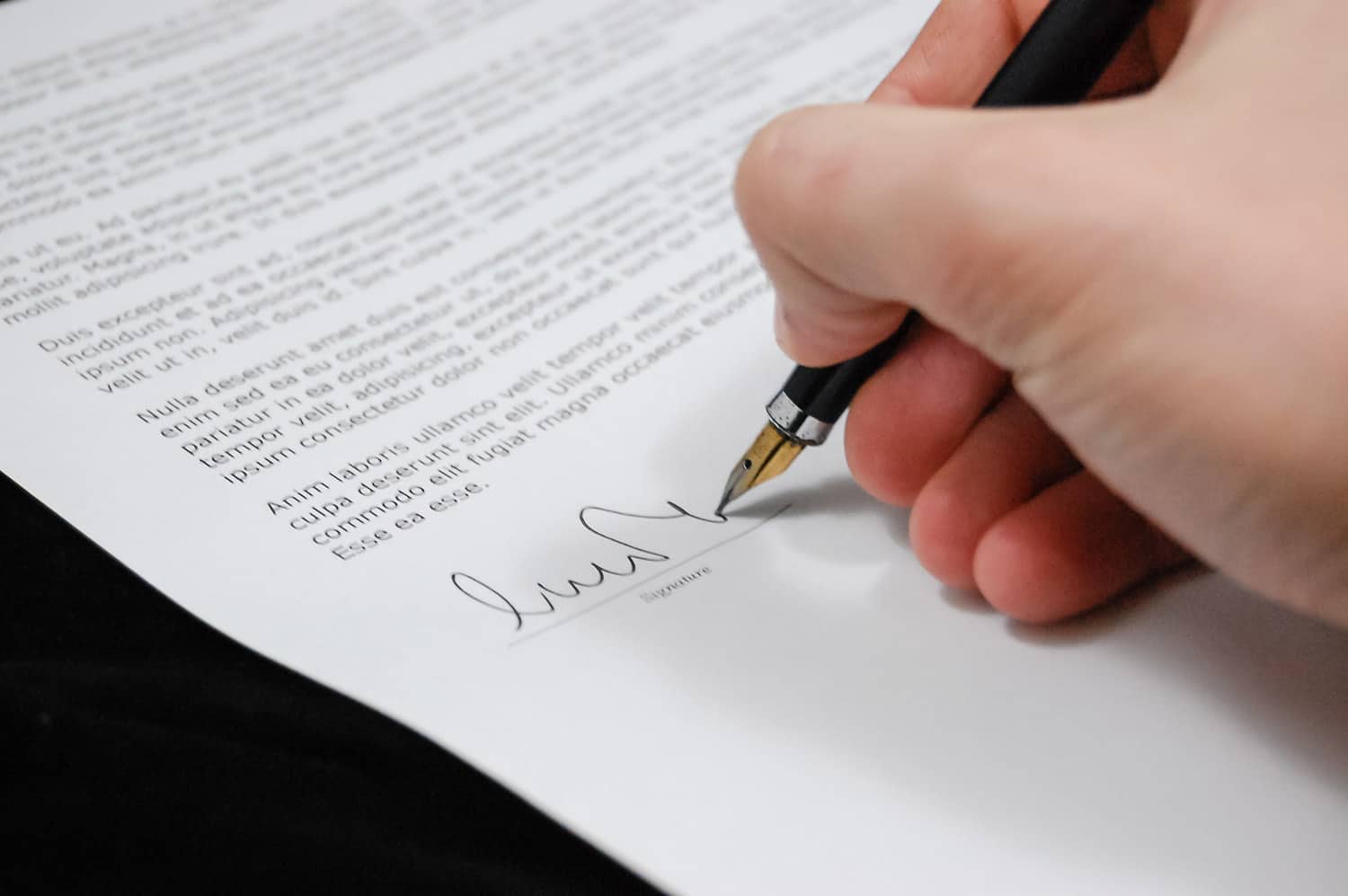Getting Ready to Rent in Dubai: What You Need to Know
Finding a home to rent in Dubai is an exciting milestone, but it comes with a fair share of responsibilities. Whether you’re a first-time tenant or an expat relocating to the city, understanding the rental process is crucial.
From documentation and legal requirements to understanding tenancy contracts, there are several factors to consider before you commit. This comprehensive guide breaks down everything you need to know before signing on the dotted line, ensuring you’re well-prepared for a smooth renting experience.
If you’re currently looking for a home, check out your options for property for rent in Dubai on Bayut, a leading property portal in the UAE.
Essential Checklist Before Signing a Rental Contract in Dubai

Renting a property in Dubai involves more than just finding the right location and price, it requires a thorough review of legal, financial, and practical aspects to protect your rights as a tenant. Here’s a complete checklist of everything you need to do before signing your rental contract.
1. Conduct a Thorough Property Inspection
Before signing any agreement, visit the property and inspect it carefully. Look for signs of wear and tear, water damage, pest issues, or faulty fixtures. Test essential systems such as air conditioning, lighting, water pressure, and appliances if included.
Take photos and document any pre-existing issues so you are not held responsible later. A proper inspection can save you from expensive surprises after moving in.
2. Check Amenities and Community Rules
Make sure the property provides the amenities that suit your lifestyle, such as parking, gym, swimming pool, children’s play areas, or pet-friendly facilities.
Additionally, ask about building or community rules regarding noise, renovations, guest policies, and use of shared spaces. Understanding the environment and available facilities ensures you’re comfortable long-term.
3. Verify the Landlord or Agent’s RERA Registration
Always deal with a licensed agent or the legitimate owner of the property. You can request to see the agent’s RERA license number and verify their registration on the Dubai Land Department’s website. If renting directly from a landlord, ask to see proof of property ownership such as the title deed. This step is crucial to avoid falling victim to rental scams.
4. Clarify Maintenance Responsibilities and Alterations
Ask who is responsible for maintenance, some landlords handle all issues, while others only manage structural repairs.
Also, discuss whether you’re allowed to make minor changes to the property (like painting or hanging shelves) and whether written permission is needed. This avoids potential penalties or disputes later.
5. Negotiate Rent and Payment Terms
Rental prices in Dubai are often negotiable. You can try to negotiate the annual rent, number of cheques (installments), move-in dates, or request additional services like free maintenance.
Always stay polite, back your negotiation with market research, and be realistic about your offer. You can explore similar listings on Bayut to support your negotiation.
6. Review the Contract Details Carefully
Do not rush through the tenancy contract. Read every clause thoroughly. Key points to check include:
- Annual rent and payment schedule
- Duration of the lease
- Maintenance responsibilities
- Notice period for vacating
- Renewal terms and rent increase policies
- Penalties for late payments or contract breaches
You can refer to the standard tenancy contract templates provided by the Dubai Land Department for comparison.
7. Ensure Verbal Agreements Are Written into the Contract

Anything you and the landlord verbally agreed on, such as free maintenance, additional keys, or permission to sublet, must be written in the contract. Verbal agreements are not legally enforceable in Dubai, so ensure every promise is officially documented.
8. Check for Outstanding Bills
Before moving in, ask the landlord for clearance of all previous utility bills, including DEWA (Dubai Electricity and Water Authority), chiller fees (if applicable), and service charges. You can request the latest bills or clearance certificates to confirm that there are no pending payments tied to the property.
9. Validate Security Deposit Payment
Typically, landlords in Dubai request a refundable security deposit equivalent to 5% of the annual rent for unfurnished units or 10% for furnished ones. Ensure the amount is clearly written in the contract and always ask for a signed and dated receipt. Avoid paying in cash unless absolutely necessary, and if you do, get it officially acknowledged in writing to avoid disputes or scams.
10. Discuss Early Termination Terms
Unexpected circumstances may require you to vacate the property before your lease ends. Make sure the contract includes a clause for early termination and specifies:
- The required notice period
- Penalty fees (if any)
- Conditions for getting your deposit back
Having this clause in writing can save you from financial and legal complications later.
11. Ejari Registration is Mandatory
Once the contract is signed, it must be registered with Ejari, a system regulated by the Dubai Land Department. This registration is legally required and necessary for setting up DEWA, applying for residence visas, and protecting tenant rights.
Conclusion
Renting a home in Dubai is a significant commitment, and being prepared can make all the difference. By following this checklist, tenants can avoid common pitfalls, protect their rights, and ensure a smooth and secure rental experience. Always take the time to verify details, understand the contract, and document everything before signing.
Frequently Asked Questions
1. How is rent typically paid in Dubai?
Rent in Dubai is usually paid through post-dated cheques, commonly in 1 to 4 installments over the year. The number of cheques is negotiable with the landlord. It’s important to issue cheques accurately, as bounced cheques can lead to legal action.
2. Can a landlord increase the rent during the tenancy period?
No, landlords cannot increase the rent during the agreed contract period. Rent increases are only permitted upon renewal and must follow the RERA Rental Index. A minimum of 90 days’ written notice must be given before any rent adjustment.
3. What happens if a cheque bounces in Dubai for rent payment?
Bouncing a cheque is considered a criminal offense in the UAE. Tenants must ensure they have sufficient funds on the due dates. In case of any issues, it’s advisable to communicate with the landlord immediately to avoid escalation.
4. What fees should tenants expect to pay when renting a property in Dubai?
Tenants should budget for a 5%-10% refundable security deposit, 5% agency commission, and AED 220 for Ejari registration (DLD). DEWA charges include a refundable deposit (AED 2,000 for apartments, AED 4,000 for villas) and a connection fee. Additional chiller or service charges may apply depending on the property.

